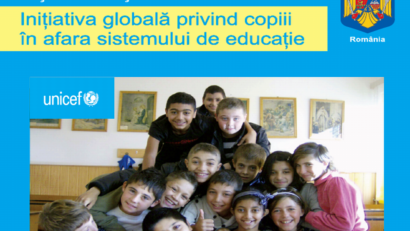
School dropout, an important issue for the European institutions, has become an important topic in Romania as well

The first radio drama produced by Radio Romania, V. Al Jeans one-act play “What the Village Knew, was aired shortly after the first Radio Romania broadcast on January 18, 1929.

12 young orphans are taught to cook as part of a project to help them find employment when they leave their placement centre.

Vasile Voiculescu was a Romanian poet, short-story writer, playwright and physician.
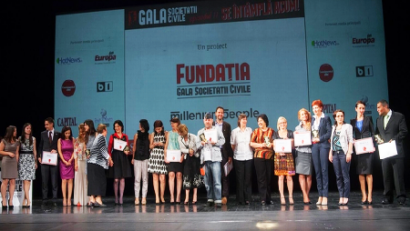
This year, in early summer, just as every year since 2002, civil society awarded prizes to its elites.

Long time personal friends, N. Stroe and Vasile Vasilache were comedians who became famous on the radio.

Anyone visiting the open-air Village Museum, a nice and quiet place right at the city exit, can admire some of the most representative architectural styles in the villages of Romanias historical provinces
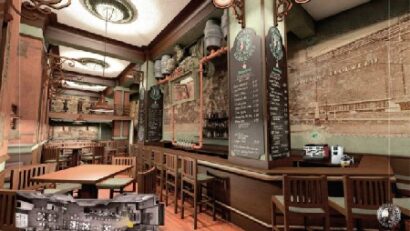
The Gambrinus beerhouse is one of the landmarks of Romanias capital Bucharest. The place literally became famous thanks to the great Romanian playwright Ion Luca Caragiales short stories. It is located in an area dense with restaurants, pubs and cafeter

“The situation of mass media freedom and pluralism in the European Union is worsening. This is the opening sentence of an appeal urging the European Commission to draft a Directive for the Protection of Media Pluralism and Freedom of the Press. The appea

The great art historian Alexandru Tzigara-Samurcas, the founder of the Romanian Peasant Museum.

At a time when we are swamped by news about how bad for us much of the food on the market is, and how our nutrition habits are anything but nutritious, we definitely need a change. European institutions have been on the issue for years now, coming up with

A small town in northeastern Romania, Harlau was also home to an important Yiddish speaking Jewish community.
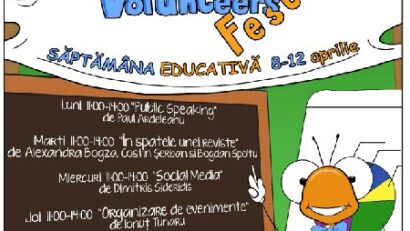
Most people doing volunteer work are youngsters. To reward their efforts and dedication, the entire month of April is devoted to them at the Volunteers Fest.
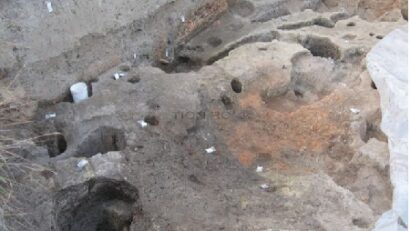
The Necropolis in Paru, belonging to the Balta Sarata group, casts new light on those who belonged to that culture.
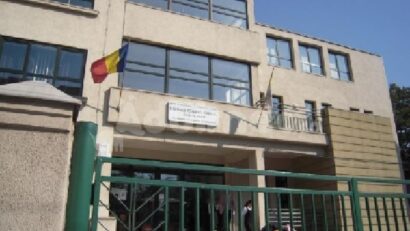
Romania has a number of state schools that are run by certain churches, the so called confessional schools.
